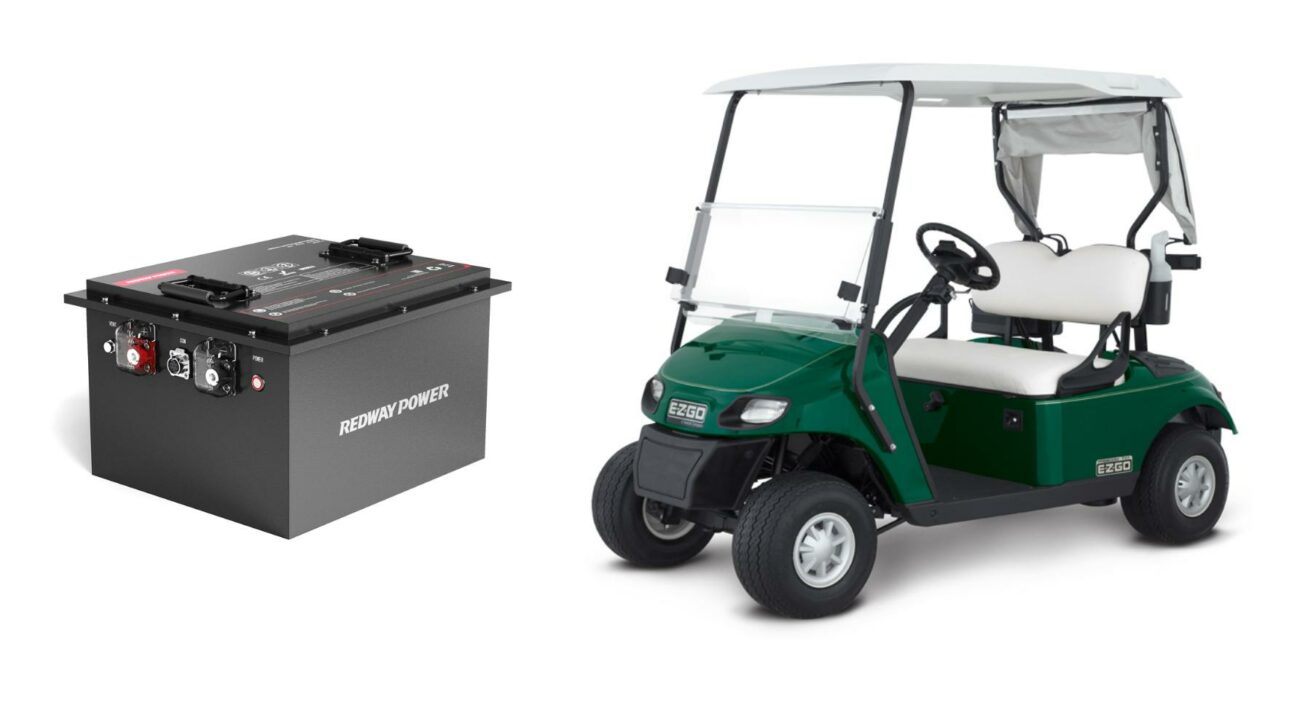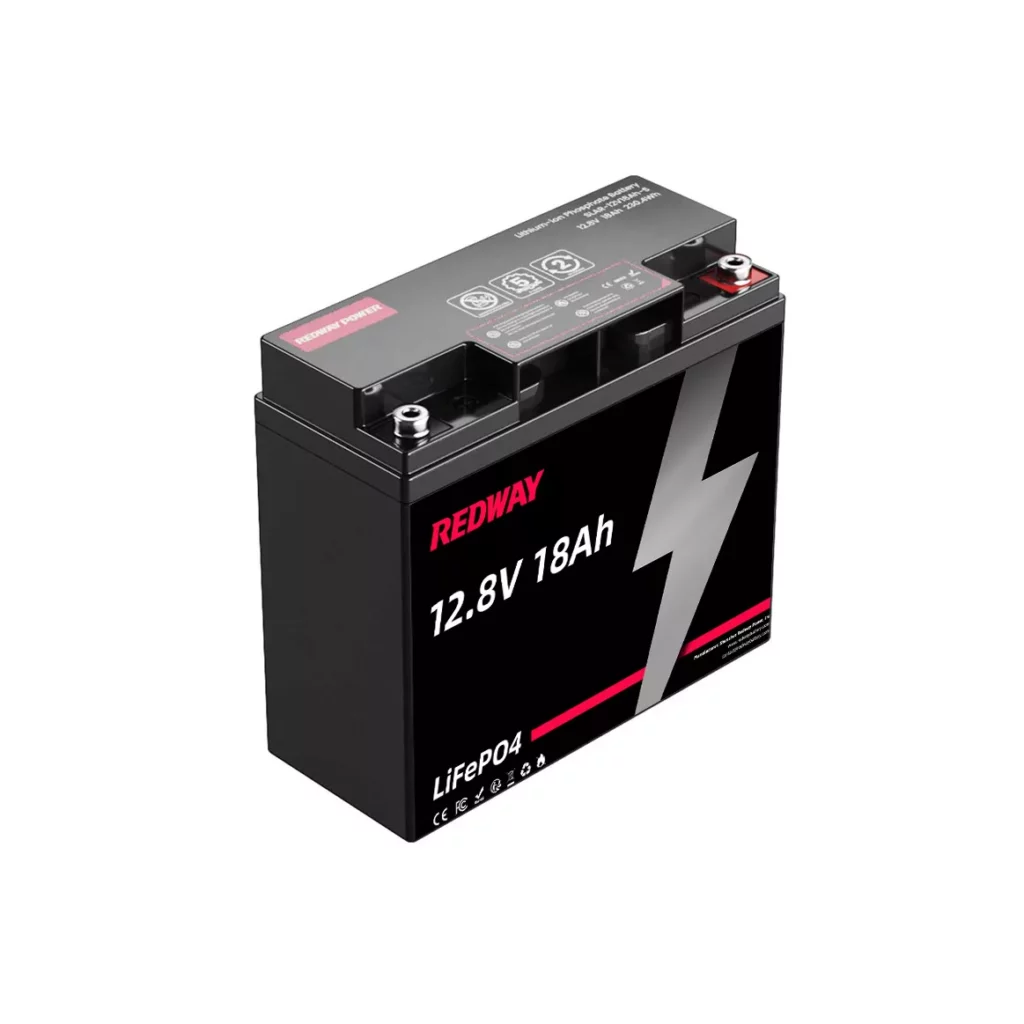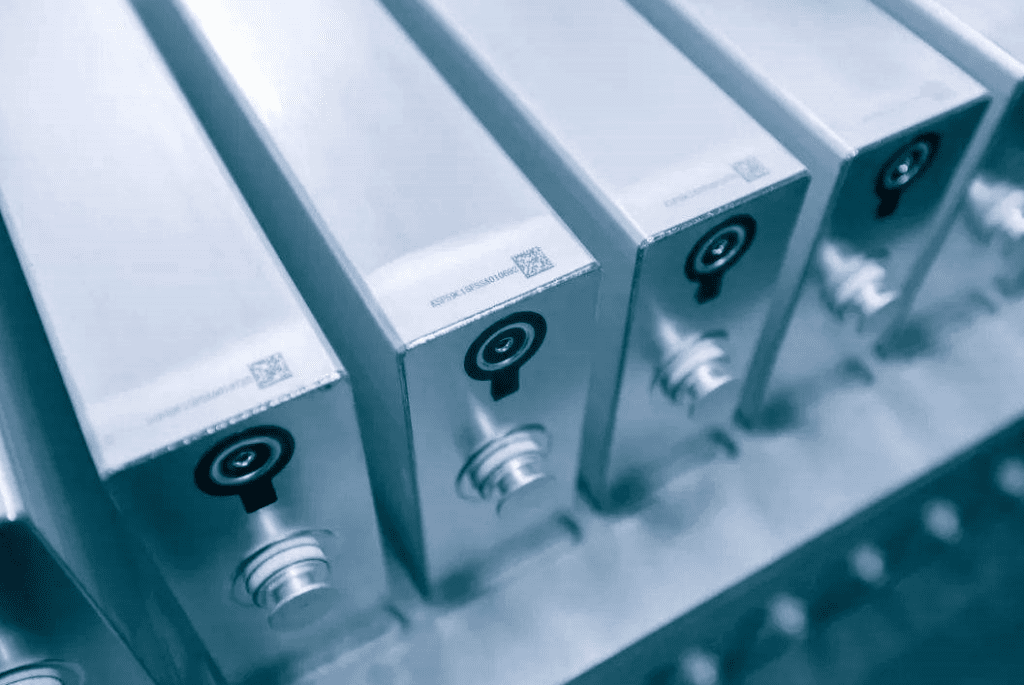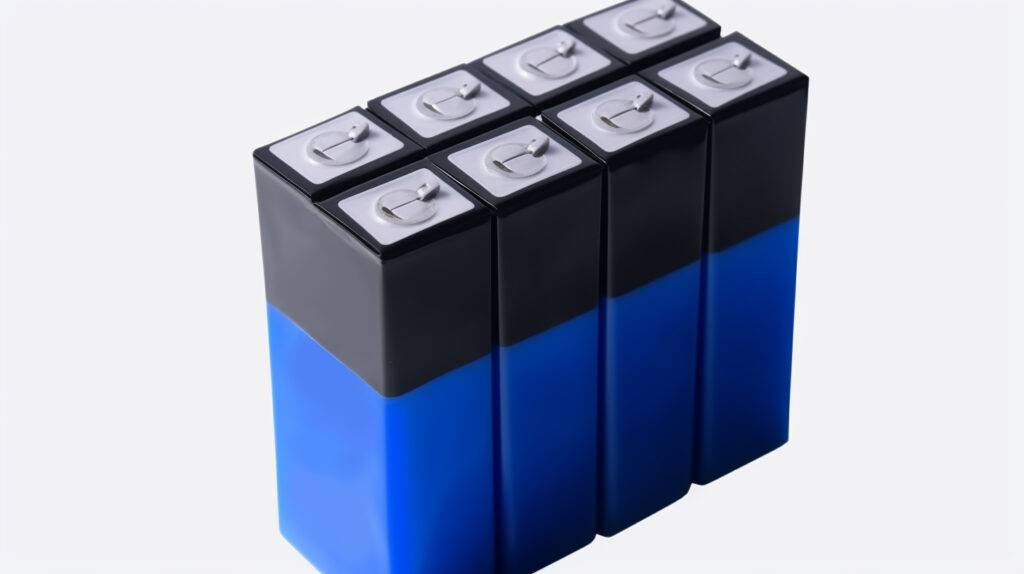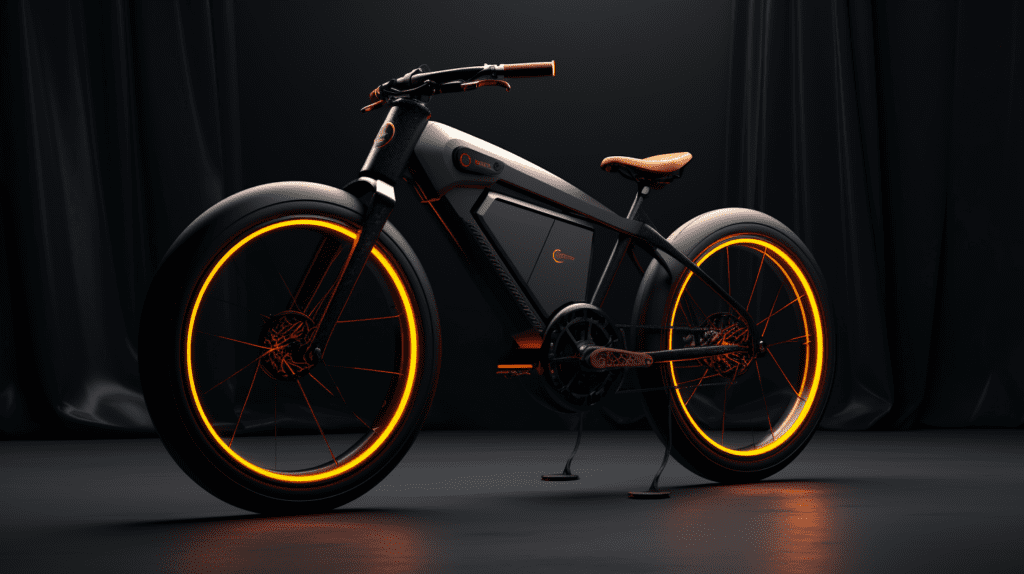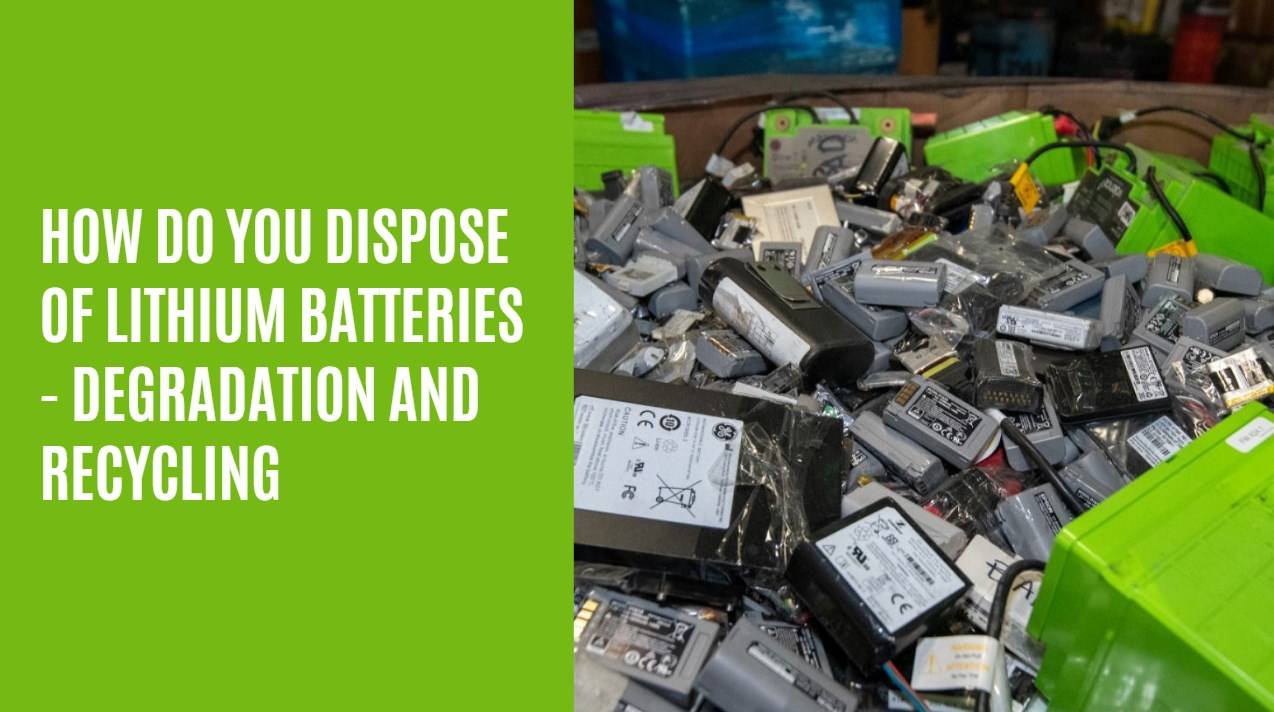Lithium batteries have become a cornerstone in modern energy storage solutions, powering everything from consumer electronics to electric vehicles. Among them, special lithium batteries—which include variations like lithium iron phosphate (LiFePO4), lithium polymer, and lithium-sulfur—exhibit unique characteristics that distinguish them from standard lithium-ion batteries. This article explores the typical characteristics of these specialized batteries, their advantages, and their applications.
1. High Energy Density
One of the most notable characteristics of special lithium batteries is their high energy density. This property allows them to store more energy in a smaller volume compared to traditional battery types.
- Lithium Iron Phosphate (LiFePO4): While LiFePO4 has a lower energy density than some other lithium chemistries, it offers a stable and safe alternative with high thermal stability.
- Lithium Polymer Batteries: These batteries can achieve higher energy densities due to their flexible form factor and lightweight materials.
Table: Energy Density Comparison
| Battery Type | Energy Density (Wh/kg) |
|---|---|
| Lithium Iron Phosphate | 90-120 |
| Lithium Polymer | 150-200 |
| Lithium-Sulfur | 500+ |
2. Enhanced Safety Features
Safety is paramount in battery technology, and special lithium batteries often incorporate design features that enhance safety:
- Thermal Stability: LiFePO4 batteries are known for their excellent thermal stability, reducing the risk of thermal runaway.
- Robust Design: Many special lithium batteries are designed with protective circuits that prevent overcharging and short circuits.
3. Long Cycle Life
Special lithium batteries typically offer a longer cycle life, meaning they can undergo more charge and discharge cycles before their capacity significantly degrades.
- Lithium Iron Phosphate: Known for its longevity, LiFePO4 can endure up to 2000-5000 cycles, making it ideal for applications requiring durability.
- Lithium-Sulfur: While still under development, lithium-sulfur batteries show promise for long cycle lives due to their unique chemistry.
Chart: Cycle Life Comparison
| Battery Type | Cycle Life (Cycles) |
|---|---|
| Lithium Iron Phosphate | 2000-5000 |
| Lithium Polymer | 500-1500 |
| Lithium-Sulfur | 300-1000 |
4. Wide Operating Temperature Range
Special lithium batteries can often operate effectively across a broader temperature range compared to standard lithium-ion batteries.
- Lithium Polymer: These batteries can function in extreme temperatures, making them suitable for applications in harsh environments.
- Lithium Iron Phosphate: With its robust chemical structure, LiFePO4 maintains performance even at elevated temperatures.
5. Lightweight and Flexible Design
The design flexibility of special lithium batteries allows for innovative applications:
- Lithium Polymer Batteries: Their thin and lightweight nature enables manufacturers to create compact devices without sacrificing performance.
- Custom Shapes: Many special lithium batteries can be produced in various shapes and sizes, making them adaptable for specific applications.
6. Environmental Considerations
As sustainability becomes increasingly important, special lithium batteries are being developed with a focus on environmental impact:
- Recyclability: Many manufacturers are working on improving the recyclability of battery components to reduce waste.
- Sustainable Materials: Research into using more abundant materials in battery production is ongoing, particularly with lithium-sulfur technology.
Applications of Special Lithium Batteries
The unique characteristics of special lithium batteries make them suitable for various applications:
1. Electric Vehicles (EVs)
With their high energy density and long cycle life, special lithium batteries are ideal for powering electric vehicles. The safety features inherent in these designs also make them appealing for automotive manufacturers.
2. Renewable Energy Storage
As renewable energy sources become more prevalent, efficient energy storage solutions are essential. Special lithium batteries can store excess energy generated from solar or wind sources for later use.
3. Consumer Electronics
From smartphones to laptops, the lightweight and flexible design of special lithium batteries allows manufacturers to create sleek devices without compromising performance.
4. Aerospace Applications
The aerospace industry benefits from the high energy density and lightweight characteristics of special lithium batteries, making them suitable for drones and other aircraft.
FAQs About Special Lithium Batteries
Q1: What is the main advantage of using lithium iron phosphate over other types?
A1: Lithium iron phosphate offers superior thermal stability and safety features while providing a long cycle life, making it ideal for applications requiring durability.
Q2: Are special lithium batteries more expensive?
A2: While initial costs may be higher due to advanced materials and technologies, the long-term savings from durability and efficiency often offset these costs.
Q3: Can special lithium batteries be recycled?
A3: Yes, many manufacturers are focusing on improving the recyclability of battery components to minimize environmental impact.
Q4: What is the future outlook for special lithium battery technology?
A4: Ongoing research aims to enhance performance metrics while making these technologies more sustainable and cost-effective for widespread adoption.
Conclusion
The typical characteristics of special lithium batteries—such as high energy density, enhanced safety features, long cycle life, wide operating temperature range, lightweight design, and environmental considerations—position them as a transformative force in the energy storage landscape. As we continue to innovate within this space at Redway Battery, our commitment to producing high-quality Lithium LiFePO4 solutions remains steadfast. For those seeking custom battery solutions or wholesale options tailored to specific needs, we invite you to contact us for a quick quote today.By embracing these advancements in battery technology, we pave the way for a more efficient and sustainable future in energy storage solutions.


